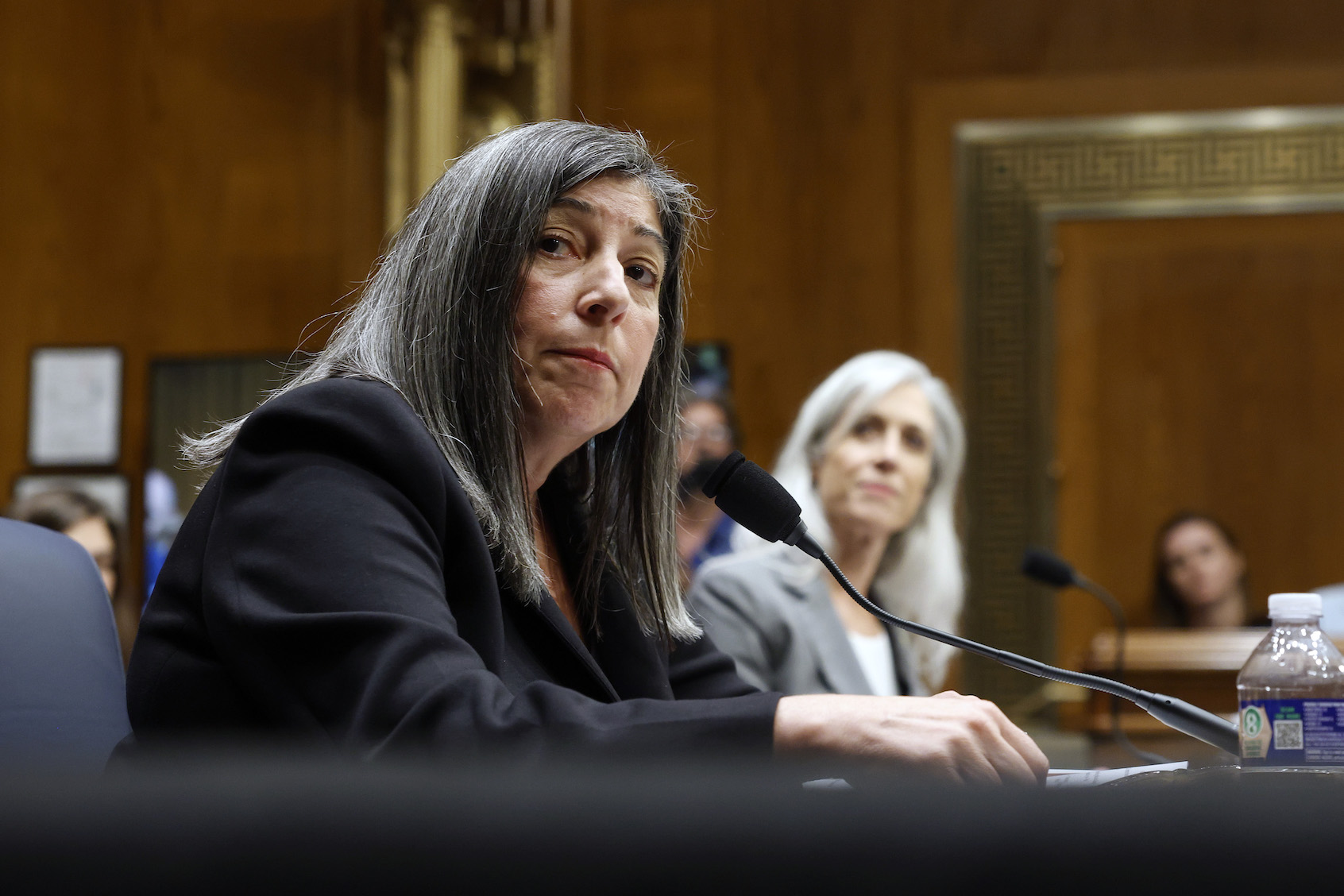Dr. Debra Houry, a former medical officer at the Centers for Disease Control and Prevention (CDC), testified before a bipartisan Senate committee on September 27, 2023, expressing grave concerns over the leadership of Robert F. Kennedy Jr. She detailed the circumstances surrounding her resignation from the CDC following the dismissal of CDC Director Dr. Susan Monarez, who was terminated amid disagreements over vaccine policy.
Kennedy, who now leads the CDC, described Monarez as “not trustworthy” due to her stance on vaccines. Houry, who resigned on August 27, 2023, joined a growing list of public health officials leaving the agency in protest against Kennedy’s management style and his approach to public health. In her testimony, she stated that she could not remain at the CDC “in good conscience” given Kennedy’s anti-vaccine agenda.
Concerns Over Public Health Policy
During the hearing, Houry criticized Kennedy for allegedly censoring CDC science, politicizing its processes, and diminishing the independence of health leaders. She warned that these actions are likely to lead to significant increases in preventable diseases and declining health outcomes across the nation.
“Due to the secretary’s actions, our nation is on track to see drastic increases in preventable diseases and declines in health,” Houry stated, emphasizing the urgency of the situation. She elaborated on the “long-term consequences” of Kennedy’s public health management, particularly citing the dismantling of a vaccine advisory committee that she believes has left the nation unprepared for future health crises.
“Given what I have seen, if we continue down this path, we are not prepared, not just for pandemics, but for preventing chronic health disease, and we’re going to see kids dying of vaccine-preventable diseases,” Houry added, highlighting her concerns for children’s health.
Mixed Reactions from Senators
The testimony from Houry and Monarez elicited a range of responses from members of the Senate Committee on Health, Education, Labor and Pensions. Senator Ed Markey, a Democrat from Massachusetts, praised their commitment to science over political pressure. He referred to them as “public health heroes” who chose to prioritize factual evidence rather than political ideology.
“When confronted with pressure to make decisions based on political science, you chose real science,” Markey remarked, underscoring the importance of scientific integrity in public health policy.
As the hearing concluded, the ongoing debate around vaccine policy and public health management in the United States intensified. The testimonies highlighted significant divisions within health leadership and raised critical questions about the future direction of the CDC under Kennedy’s leadership.
The implications of this hearing extend beyond the political arena, touching on the health of millions of Americans, particularly vulnerable populations such as children. As public health officials continue to voice their concerns, the response from lawmakers and the public will play a crucial role in shaping both policy and public perception in the months to come.
